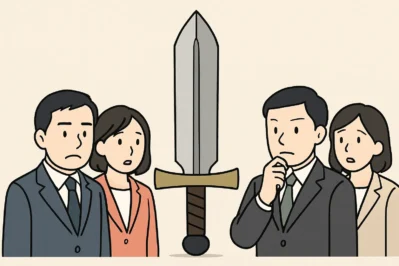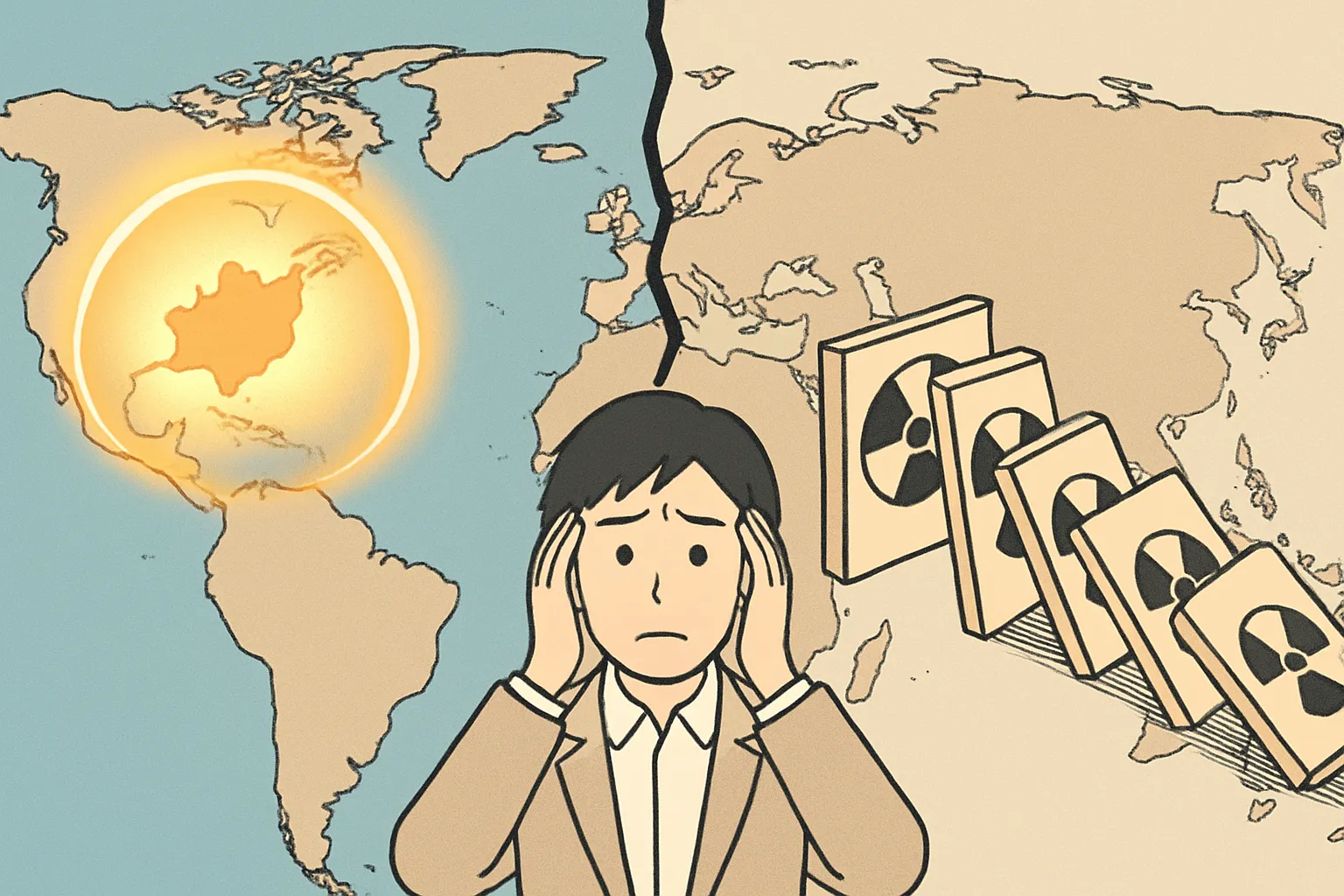Level Up Your Korean: Debating Economic Sanctions
Hello! It’s your favorite Korean language booster, Maeil Hangeul, here to upgrade your skills!
Ready to move beyond small talk and dive into some serious discussion? Today, we’re tackling a topic you might hear on the news or in a university classroom: discussing the effects of economic sanctions. This is perfect for when you want to share your informed opinions on international affairs, participate in academic debates, or impress your colleagues with your sophisticated Korean.
Lately in Korea, with global supply chain issues and international relations constantly in the headlines, you’ll find these kinds of conversations happening everywhere. From prime-time TV debates to study groups at cafes, people are talking about the world. Let’s get you ready to join them!
Key Expressions for Your Debate
Here are some essential words and phrases you’ll need to discuss international politics like a pro.
1. 경제 제재 (Gyeongje Jeje)
- Pronunciation: [gyeong-je je-je]
- English Meaning: Economic Sanctions
- Detailed Explanation: This is your core vocabulary for this topic. 경제 (gyeongje) means ‘economy,’ and 제재 (jeje) means ‘sanctions’ or ‘restrictions.’ It’s a formal and standard term used in news reports, academic papers, and official statements. When you want to talk about trade restrictions or financial penalties against a country, this is the exact phrase you need.
2. -에 따르면 (-e ttareumyeon)
- Pronunciation: [-e tta-reu-myeon]
- English Meaning: According to…
- Detailed Explanation: This grammatical pattern is your best friend in any debate or formal discussion. It allows you to cite a source for your information, which makes your argument much more credible. You attach it to a noun (the source). For example, “뉴스에 따르면” (nyuseu-e ttareumyeon) means “According to the news,” and “전문가에 따르면” (jeonmun-ga-e ttareumyeon) means “According to the experts.” It’s a must-use for sounding well-informed.
3. 양날의 검 (Yangnal-ui Geom)
- Pronunciation: [yang-nal-ui geom]
- English Meaning: A double-edged sword
- Detailed Explanation: This is a fantastic idiom that will make you sound like a native speaker! Literally, it means a “sword with two blades” (양날 = two blades, 검 = sword). You use it to describe a situation that has both positive and negative effects, just like a sword that can harm the enemy but also the wielder. Discussing sanctions is a perfect time to use this, as they can pressure a government but also harm civilians.
4. 실효성 논란 (Silhyoseong Nonlan)
- Pronunciation: [sil-hyo-seong non-lan]
- English Meaning: Controversy over effectiveness
- Detailed Explanation: This is a high-level phrase that packs a punch. 실효성 (silhyoseong) means ‘effectiveness’ or ‘efficacy,’ and 논란 (nonlan) means ‘controversy.’ You use this compound noun to talk about a debate or public disagreement about whether a certain policy or action actually works. It’s frequently used by journalists and policy analysts.
Example Dialogue
Let’s see how these expressions work in a natural conversation between two university students, Minjun and Sora.
A (Minjun): 소라 씨, 혹시 A국에 대한 새로운 경제 제재 뉴스 봤어요?
Sora, did you see the news about the new economic sanctions on Country A?
B (Sora): 네, 봤어요. 기사에 따르면 정부를 압박하려는 목적이라는데, 인도주의적 피해가 우려돼요.
Yes, I did. According to the article, the purpose is to pressure the government, but I’m worried about the humanitarian impact.
A (Minjun): 맞아요. 이건 정말 양날의 검인 것 같아요. 외교적 목표는 달성할 수 있을지 몰라도, 무고한 시민들이 피해를 볼 수 있으니까요.
Exactly. It really seems like a double-edged sword. It might achieve its diplomatic goals, but innocent citizens could be harmed.
B (Sora): 그렇죠. 그래서 항상 실효성 논란이 따르는 것 같아요. 일부 전문가들은 제재가 원하는 정치적 변화를 거의 이끌어내지 못한다고 주장하기도 하고요.
Right. That’s why there’s always a controversy over its effectiveness. Some experts even argue that sanctions rarely lead to the desired political change.
Culture Tip & Trend Analysis
Sound Like a Korean Pundit!
In Korea, televised debates on current affairs are very popular. Shows like “100분 토론” (100 Minute Debate) feature experts, politicians, and journalists engaging in high-level discussions.
When you use phrases like ‘실효성 논란’ or ‘양날의 검’ in a conversation about politics or social issues, you instantly elevate your language and sound like one of the panelists on these shows. Furthermore, using ‘-에 따르면’ is crucial. In Korean debate culture, making a strong claim without evidence can be seen as weak or overly emotional. Backing up your statements with a source shows that you are logical and well-prepared—a highly valued trait in both academic and professional settings.
Let’s Wrap Up & Practice!
Great job today! You’ve learned four powerful expressions to help you discuss the complex topic of economic sanctions in Korean. You now have the tools to articulate nuanced opinions on international politics.
Time for a quick quiz!
- Fill in the blank:
The policy has both good and bad effects, so it is truly a __________.
(이 정책은 좋은 점과 나쁜 점이 모두 있어서, 그야말로 __________이다.)
a) 경제 제재 (gyeongje jeje)
b) 양날의 검 (yangnal-ui geom) -
Your Turn!
Think about a recent news story you read. Using ‘-에 따르면’, write a short sentence in Korean summarizing what the news said.
Don’t be shy! Try using one of today’s expressions to leave a comment below. We’d love to see you put your new skills to the test






